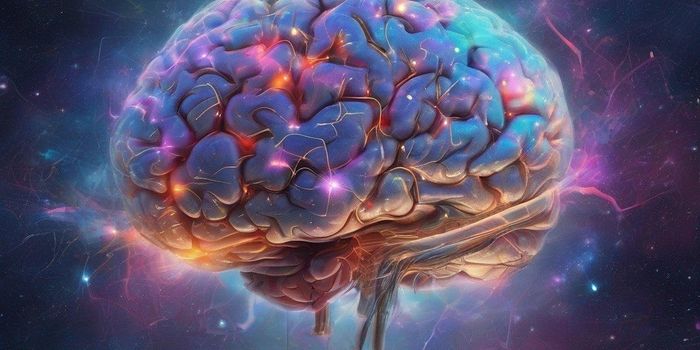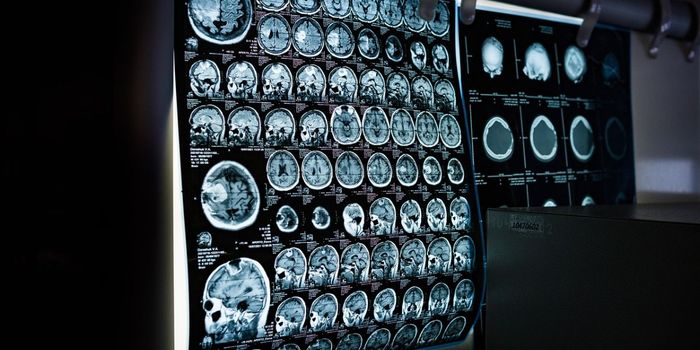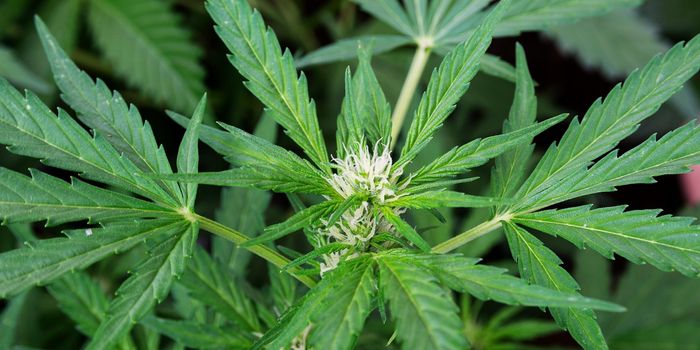Berry Compound Reverses Parkinson's in Mice
A naturally-occurring compound called farnesol found in berries and other fruits prevents and reverses Parkinson's-associated brain damage in mice. The study was published in Science Translational Medicine by researchers in the US and South Korea.
Parkinson's disease occurs due to a loss of neurons in the brain that produce dopamine. This loss of neurons is thought to happen due to a build-up of PARIS, a protein that slows down the production of a protein called PGC-1alpha that shields brain cells from damaging oxygen molecules. Without PGC-1alpha, dopamine neurons die, leading to symptoms of Parkinson's disease.
In experiments, the researchers fed mice a farnesol-supplemented diet or a normal mouse diet for a week. They then gave the mice pre-formed fibrils of the protein alpha-synuclein, which mimic the effects of Parkinson's disease in the brain. In the end, they found that mice fed farnesol-rich diets performed an average of 100% better on strength and coordination tests used to detect the advancement of Parkinson's disease.
The researchers later studied the brain tissue of mice from the two groups. In doing so, they found that those fed on farnesol had twice as many healthy dopaminergic neurons as those on the conventional mouse diet. Mice receiving supplements also had around 55% more PGC-1alpha in their brains than those on regular diets.
The researchers later confirmed in chemical experiments that farnesol works by binding to PARIS and changing its shape to not interfere with PGC-1alpha production.
The amount of farnesol currently consumed by people is unknown- both in natural and synthetic form. Moreover, safe doses of farnesol for humans are yet to be determined by clinical trials. This means that further research is needed before farnesol supplementation could begin to be considered for humans to prevent or reverse Parkinson's disease.
Sources: Science Translational Medicine, PubChem, Neuroscience News









